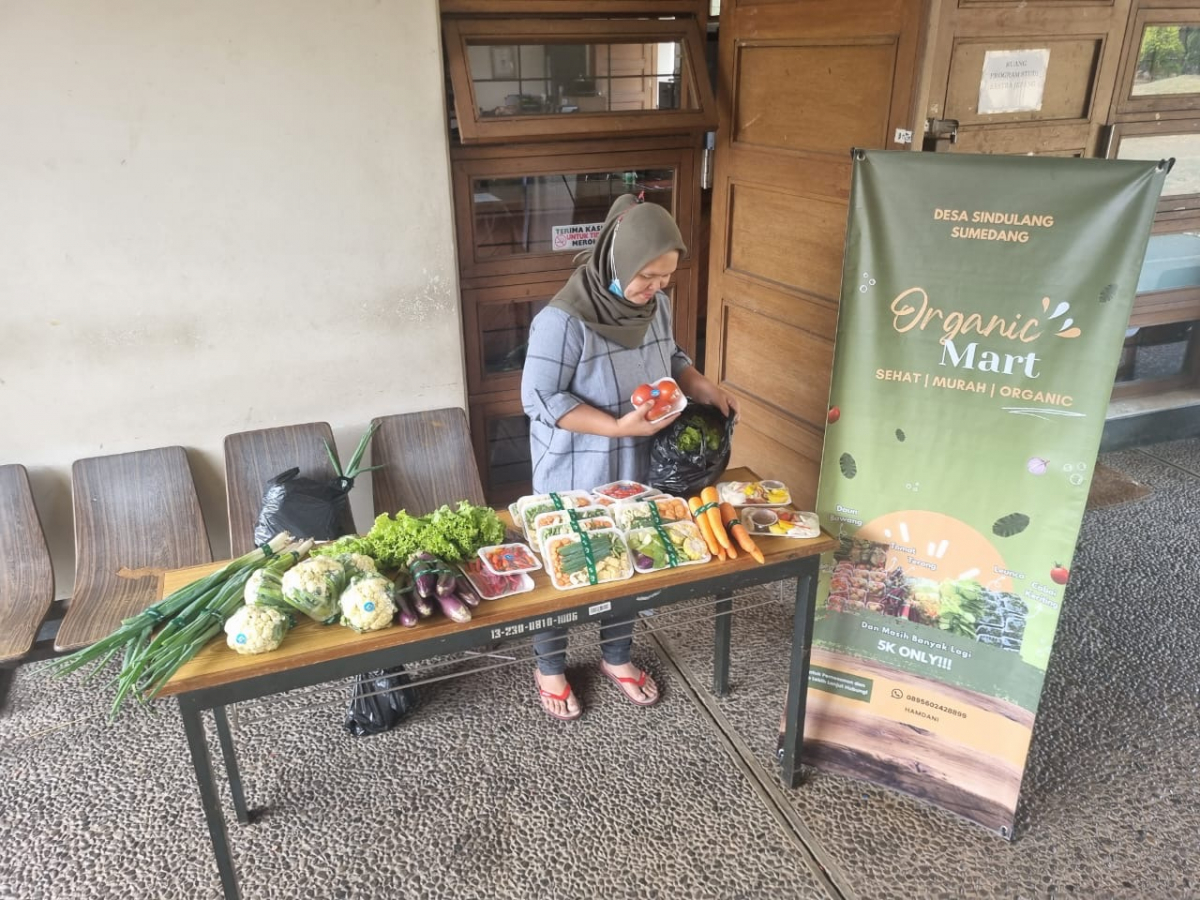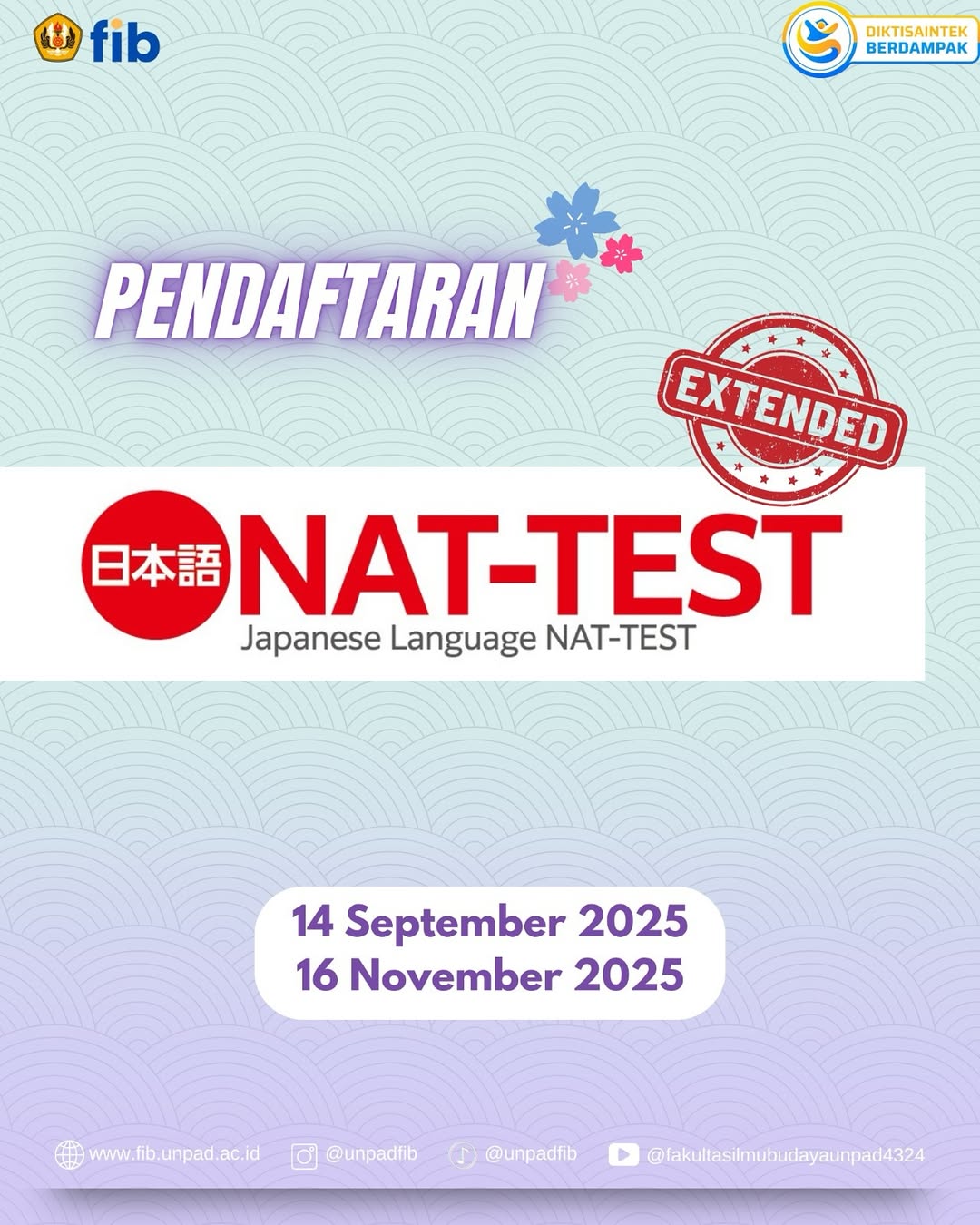From Pesantren to Green Future: Building Digital Resilience for Sustainable Communities
Jatinangor, September 1st, 2025 — Universitas Padjadjaran continues to strengthen its commitment to the Sustainable Development Goals, particularly SDG 4 on Quality Education, through its third-year Community Service (PPM) program at Pondok Pesantren Daarul Uluum Jatinangor. This initiative, titled Community Empowerment through Sustainable Islamic Boarding School Business Resilience Based on Green Economy, builds upon the work carried out in the previous year, extending the pesantren’s role beyond education to include sustainable development and digital innovation.
In this third year, the program focuses on developing a Digital IT Web Platform for pesantren as a way to modernize management systems while also opening pathways to new forms of employment and sustainable investment. The application of a green economy model within Pondok Pesantren Daarul Uluum aims to enhance the curriculum by drawing on local land and environmental resources, provide vocational skills training rooted in local wisdom, and create sustainable pesantren-based products that are relevant to today’s economy.
On May 31, 2025, the Unpad team held an outreach education session at Daarul Uluum Jatinangor with guest lecturer Ekky Fauza Maulana, ST, Head of the Digital Department at HEBITREN, who introduced participants to the key steps in the Islamic boarding school’s web development. The session covered strategic mapping, an introduction to the concepts of web-based digitization, and hands-on practice in creating and applying digital platforms. The event applied a participatory approach, with the Islamic boarding school community directly involved as the main actors of change while the lecturers acted as facilitators.
Looking ahead, the program will continue to refine the Islamic boarding school’s web initiative and prepare a training module as a long-term guide for digital and green-based pesantren development. The team is also targeting academic outputs, including intellectual property registration and journal publications, to ensure that the knowledge created can be shared more widely. More than just a technical project, the program represents a step towards preparing the next generation of Islamic boarding school students for Indonesia Emas 2045, while fostering collaboration with pesantren networks and community-based organizations.
Through this initiative, Daarul Uluum Jatinangor stands as a model of how Islamic boarding schools can embrace digital transformation and the principles of the green economy at the same time. It demonstrates that Islamic boarding schools, deeply rooted in tradition, can also be at the forefront of building resilient and sustainable communities for the future.
Red. Dhia Anaulva Putri



